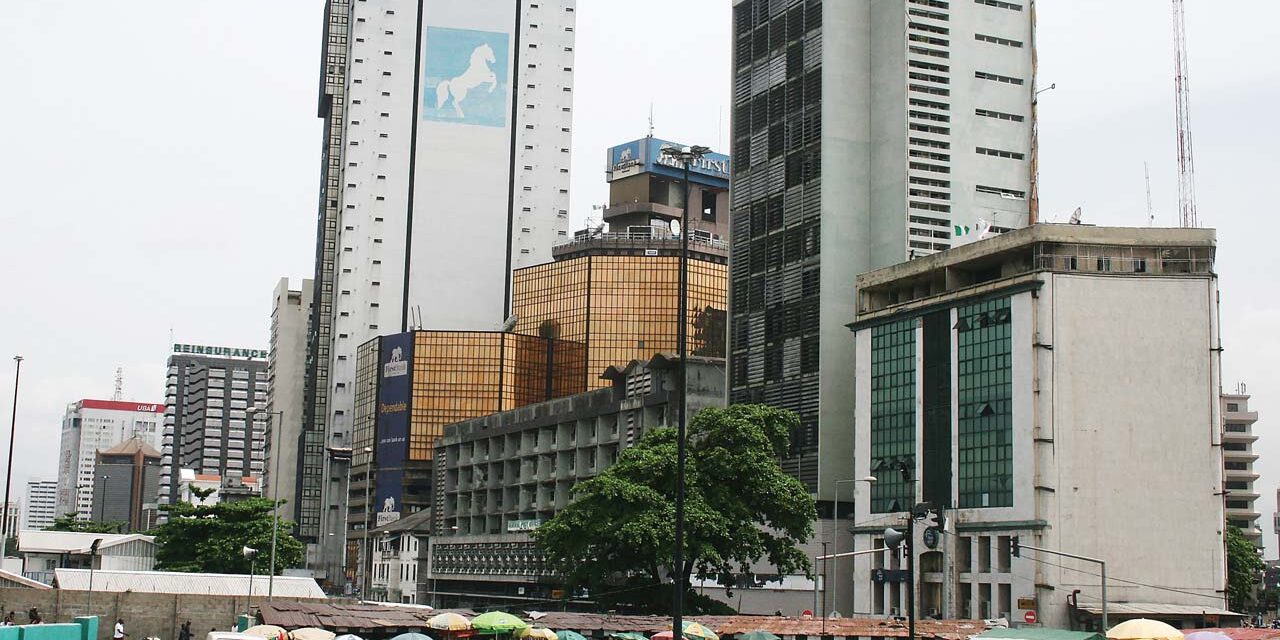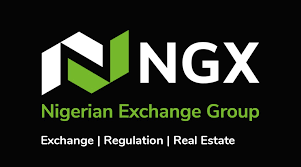Besides, that would stimulate investment inflow because foreign investors are concerned about the ease of repatriation and return of funds.
Nigeria is said to operate a multiple exchange rate regime, which the Central Bank of Nigeria (CBN) has defended, but the International Monetary Fund (IMF) has faulted the regime and asked the country to unify its exchange rate.
IMF said a unified exchange rate will impact the country’s economy more positively than the multiple exchange rate regime, especially the long-term economic potential.
However, as stated in the past, this is not a panacea by itself as it needs to be part of a tight monetary policy that keeps inflation in check.
It also needs to be backed by strengthening banking sector resilience, and structural reforms like governance and power sector.
The Director-General of Lagos Chambers of Commerce and industry (LCCI), Muda Yusuf, stated categorically that moving towards a more unified exchange rate would be beneficial to the Nigerian economy because it would reduce opportunity for arbitrage and round tripping.
“Unification of exchange rates will enhance transparency in the forex market because once you have increased transparency, foreign investors would be attracted.
“These foreign investors are interested on how forex is managed because it is an international business that is concerned about bringing in money and taking it out too.
“It would also reduce the opportunity for arbitrage or round tripping, which is the opportunity for people to move money from one segment of the market to another. Again, unification of exchange rates will improve liquidity in forex market. People can buy and sell with ease because there is a market determined prices.”
The IMF Senior Representative and Mission Chief for Nigeria, Amine Mati, said unifying Nigeria’s exchange rate, in accordance with the ERGP’s goal would support the economy.
According to him, the move will be most effective as part of a wider policy package, with measures that include a focus on revenue mobilisation to make room for priority spending, tight and transparent monetary policies, a resilient banking sector and structural reforms.
He pointed out that global trends suggest that countries with multiple exchange rates struggle to see their economic growth recover and trade pick-up after a crisis, as well as experience higher inflation.
“With lowering inflation and boosting growth as focal points for Nigeria, unification of the exchange rate can bring major gains. We welcome ongoing unification in foreign exchange windows and the ERGP’s goal to move towards a unified regime.
“This goal is in line with trends seen in other countries over past decades: multiple currency practices are non-existence in developed economies and have been on a declining trend globally in emerging economies.
“It is encouraging that progress already made by the authorities towards unifying the exchange rate windows. However, current restrictions on access to foreign exchange for certain categories of goods, and the remaining multiple exchange rates create distortions in both private and public sectors decision making.
“They discourage long-term investment, encourage smuggling, and provide avenues for corruption.
“Moving forward, a removal of foreign exchange restrictions, including recently introduced ones, and a full exchange rate unification, in line with the authorities’ ERGP, will help keep the parallel market premium low in a more sustained manner. It will help Nigeria move towards a more diversified economy,” he said.
The Managing Director of Crane Securities LImited, Mike Ezeh, said most economies currently practice a unified exchange rate system.
“Multiple exchange rates does not portray Nigeria as a serious minded economy, but when the exchange rate is unified, it would help to determine the value of our economy and the strength of its currency.
“Unified exchange rates is what is obtainable in other jurisdictions but due to political reasons- to pacify different interest groups, Nigeria still maintains multiple rates. The best thing is to unify it because it would boost the economy,” he said.










